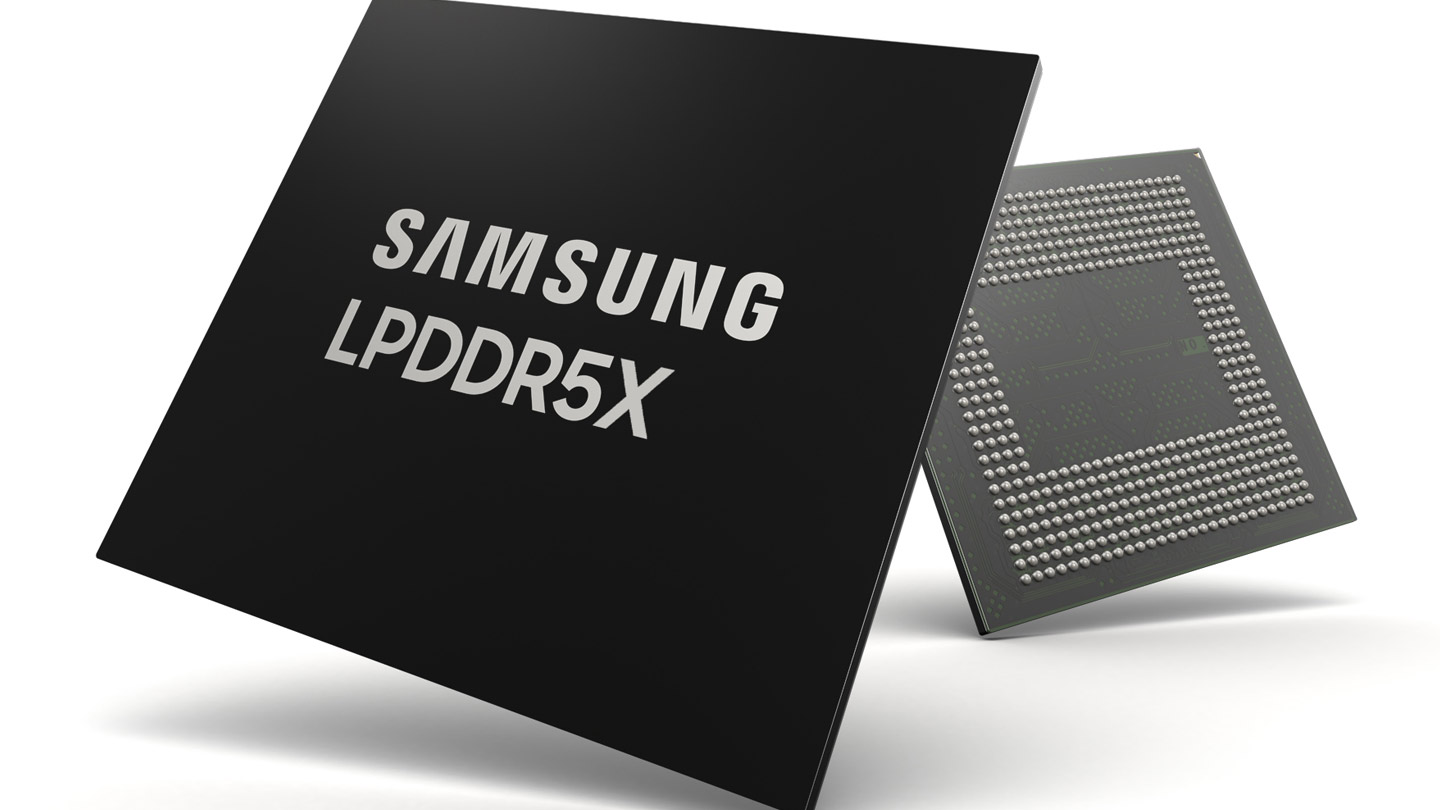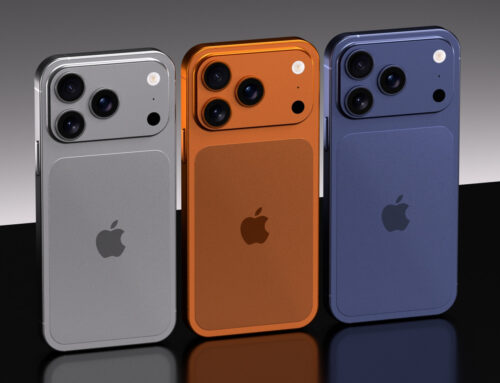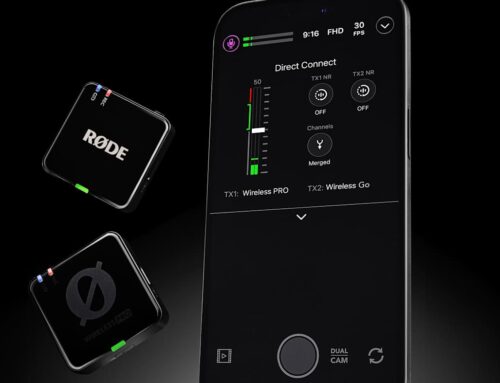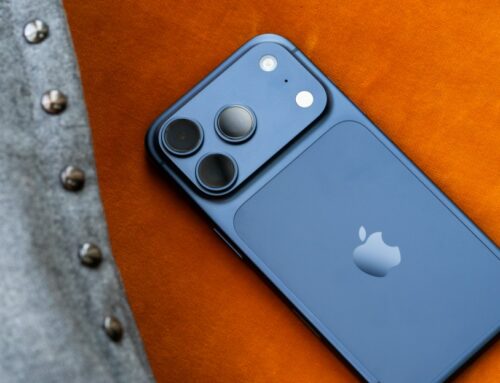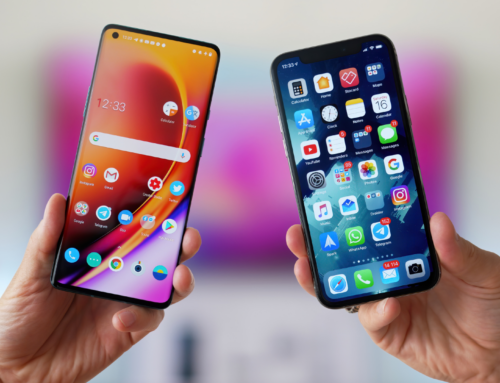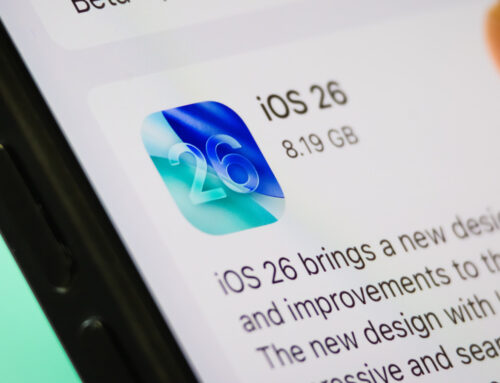Samsung revealed their next generation of RAM tech this week with LPDDR5X DRAM. Generally a release like the one Samsung’s made public this week has a focus on smartphones, specifically. In this case, the company made an effort to point to uses for this RAM beyond the smartphone.
“Our LPDDR5X will broaden the use of high-performance, low-power memory beyond smartphones and bring new capabilities to AI-based edge applications like servers and even automobiles,” said SangJoon Hwang, Senior Vice President and Head of the DRAM Design Team at Samsung Electronics.
The hardware Samsung revealed this week is LPDDR5X DRAM, using 14nm DRAM process technology, having the ability to process up to 8.5 gigabits per second (Gbps). This is “over 1.3 times faster” than the company’s LPDDR5 tech, and it’ll consume “nearly 20% less power” than LPDDR5.
Samsung is effectively doing what most companies do when describing a new generation in processing hardware. They’re seeking out the most popular uses for the devices in which their RAM will be used, and suggesting that their RAM will be the best at handling those use-cases. The big difference here is the the company’s multiple mentions (in their public press release) of their intent in “aggressively moving beyond mobile markets” with this new RAM (16Gb LPDDR5X DRAM).
This hardware delivers what Samsung describes as “the industry’s first” 14-nanometer (nm) based 16-gigabit (Gb) Low Power Double Data Rate 5X (LPDDR5X) DRAM. Samsung is targeting “hyperconnected market segments” working with augmented reality, artificial intelligence, and the metaverse. That’s effectively the holy trinity of near-future popular tech, mind you.
We’ll see this LPDDR5X DRAM in both smartphones and devices that’ll be expected to compute at the speed of a smartphone and beyond. We’ll see Samsung deliver the tech needed to allow future devices take part in the metaverse with both the power and the speed necessary to play an important part in this future. This is only one part of the equation – the rest comes from companies like Microsoft, Magic Leap, and Niantic.

